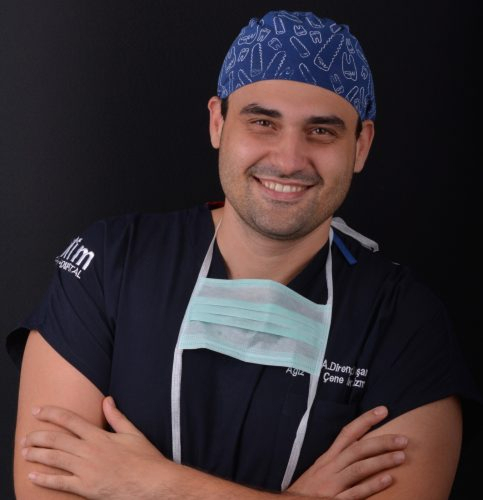
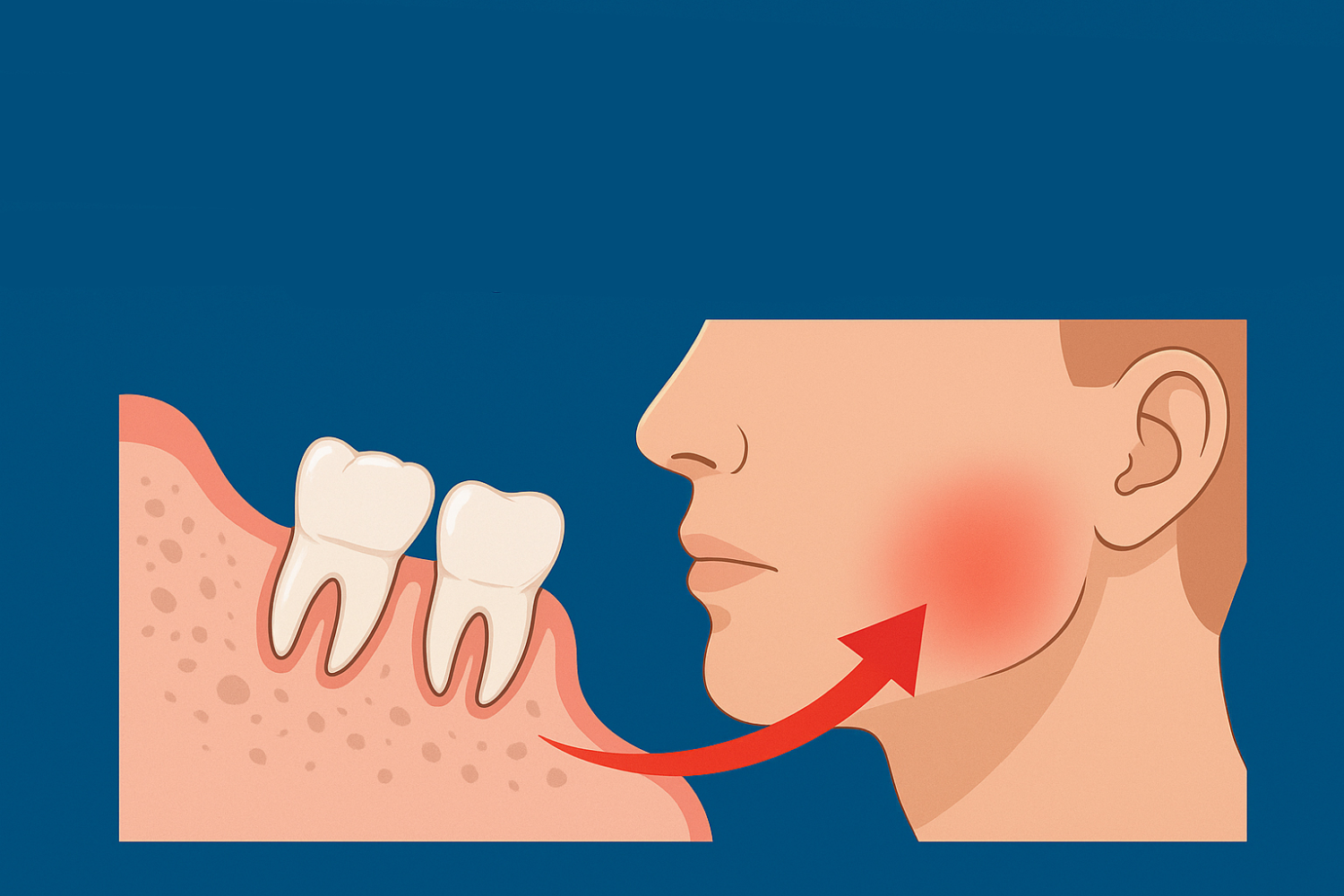
Bursa Wisdom Tooth Surgery and Oral Surgeon Guide
Impacted wisdom tooth extraction—especially in the lower jaw—creates fear and many questions for patients.
Here are the most common concerns:
“Will I have numbness after impacted tooth extraction?”
“Can my lower lip or chin stay permanently numb?”
“The root is close to the nerve—what will happen?”
“Do I need an oral surgeon for wisdom tooth surgery in Bursa?”
This guide explains impacted wisdom tooth extraction, numbness risk, nerve proximity, oral surgeon selection, and the effects of wisdom teeth on bad breath and oral health—written clearly and optimized for SEO. It is especially prepared for patients in Bursa and surrounding regions.
A wisdom tooth (third molar) is the last tooth to erupt in the mouth. Typically:
Impaction types include:
These conditions may negatively affect chewing and oral hygiene.
Not every impacted tooth must be removed, but most wisdom teeth eventually cause problems. Extraction may be recommended due to:
For these reasons, oral surgeons in Bursa often recommend planned wisdom tooth surgery before complications arise.
Not every extraction is simple. Cases such as:
are safer in the hands of an experienced oral surgeon.
An oral surgeon evaluates:
This is why Bursa patients frequently say: “A jaw surgeon should evaluate my wisdom teeth.” It significantly reduces numbness and other risks.
Numbness after impacted tooth extraction is mainly associated with lower wisdom teeth, due to the proximity of the inferior alveolar nerve, which provides sensation to:
During the surgery:
This may result in temporary numbness.
The oral surgeon monitors your healing and may suggest medications or B-vitamin support.
With modern CBCT imaging and experienced surgeons in Bursa, permanent numbness risk is significantly reduced.
Before extraction, the oral surgeon performs:
Shows:
Used when:
CBCT provides:
This reduces surgical risk and helps the surgeon decide if root fragments should be left to protect the nerve.
The procedure includes:
Depending on complexity, surgery takes 20–60 minutes.
Mild odor in the first days is normal.
However, persistent bad breath or foul taste may indicate:
Consult your surgeon if it continues.
Prefer centers that offer:
With proper planning and technique, impacted tooth extraction is safe and predictable. Risks such as numbness, swelling and bad breath can be minimized with the right approach.
If you live in Bursa and have questions about impacted tooth extraction, nerve risk or wisdom tooth surgery, consulting an experienced oral surgeon is the safest first step.
Why choose an Oral Surgeon for your tooth extraction? Learn how an Atraumatic Tooth Extraction technique and surgical expertise minimize jawbone loss, reduce healing time, and preserve bone structure vital for future dental implants.
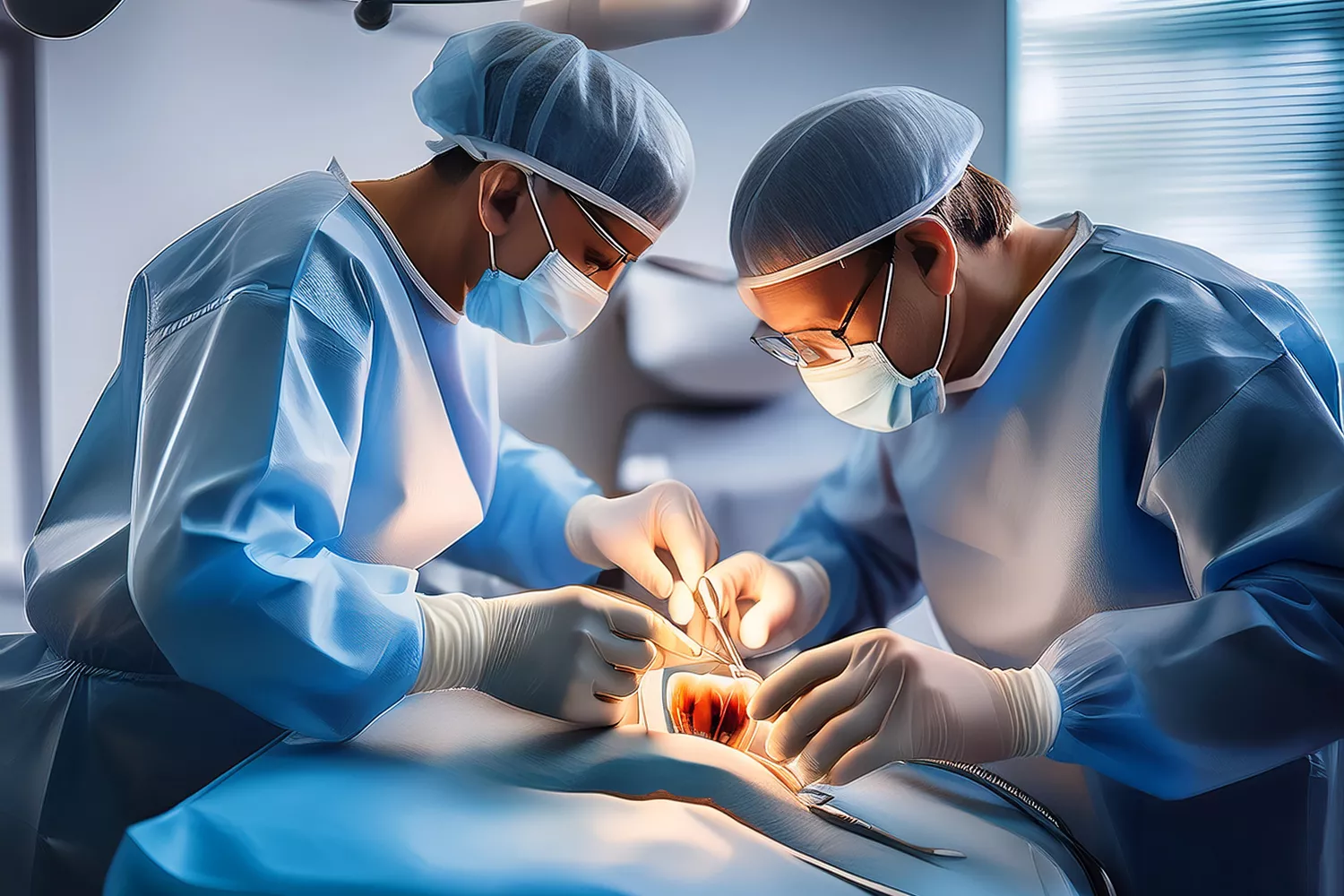
Toothache is a common oral health issue that can occur at any age. There are many causes behind tooth pain, and accordingly, multiple treatment approaches may be required. To quickly relieve tooth pain and restore oral health, it is essential to be examined by a qualified dentist.

Will your teeth shift back after braces or clear aligners? Learn why orthodontic relapse occurs (tooth memory, growth) and discover the vital role of retainers (fixed/removable) in achieving a truly permanent, beautiful smile after treatment.

Milim Dental Hospital isn't just a clinic—it's where confident smiles begin. With a team of world-class specialists, advanced technology, and a patient-first approach, we turn dental care into a premium experience.
We prioritize hygiene, comfort, and tailor-made treatments designed just for you. Don’t just take our word for it—explore real stories from real patients.
Your perfect smile starts here. Join the Milim experience.
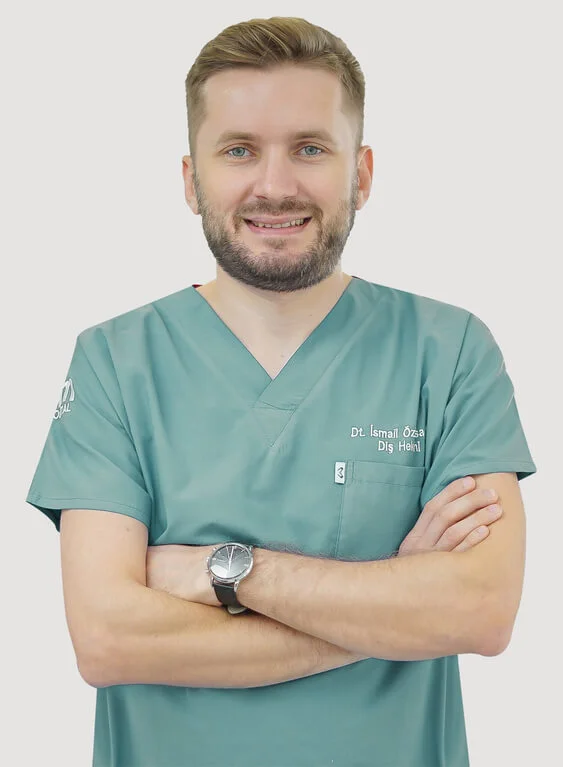



Milim Dental Hospital provides comprehensive dental services in a spacious 1,000 m² facility, supported by a wide team of dental professionals including specialists in Oral and Maxillofacial Surgery, Prosthodontics, Orthodontics, Pediatric Dentistry, and Periodontology.
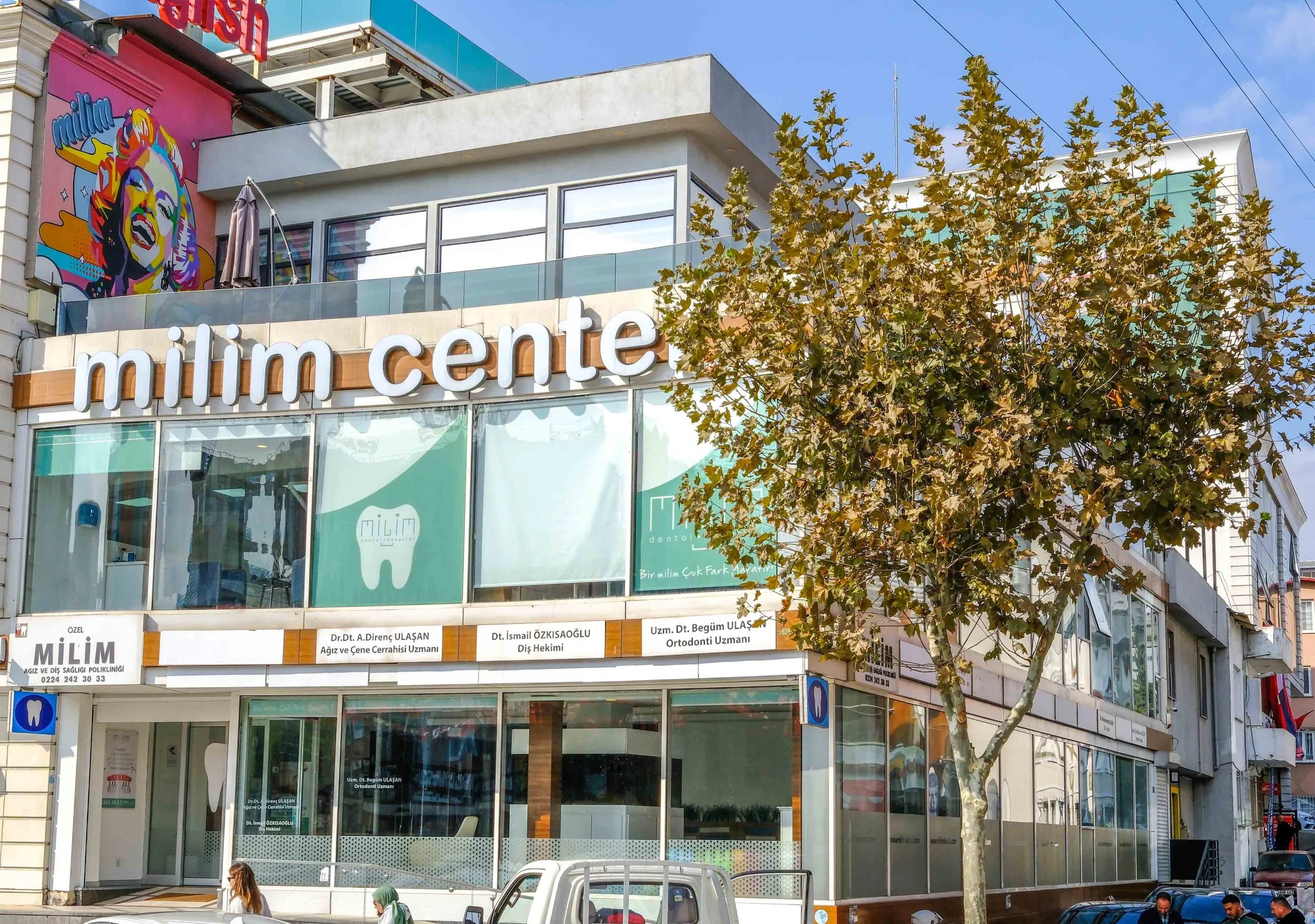
Would you like to see real patient results? Feel free to explore our Case Gallery!